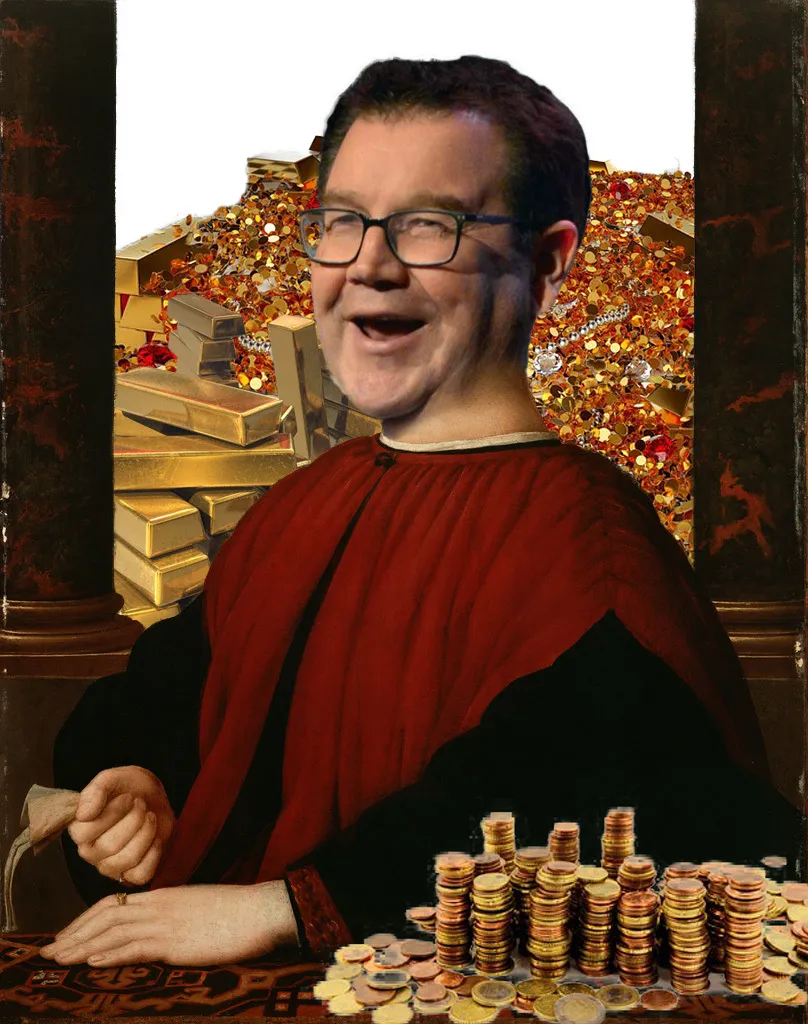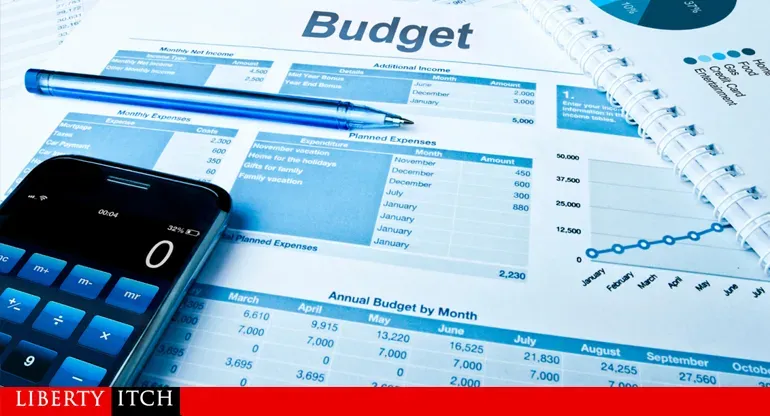Table of Contents
Dr Bryce Edwards
democracyproject.nz
Dr Bryce Edwards is Political Analyst in Residence at Victoria University of Wellington. He is the director of the Democracy Project.
Government policies have fuelled the wealth and inequality explosion, so is Labour planning to do anything about it? At this stage, the signs are not positive. Recently, for example, the Minister of Revenue David Parker ruled out working on any wealth taxes – see Rachel Sadler’s Government again rules out inheritance, wealth tax despite speculation it’s ‘preparing’ for it.
There was some early speculation, including some very strong arguments for such taxes in Tom Pullar-Strecker’s article, Why Labour may propose an inheritance tax. In this, OECD tax director Pascal Saint-Amans is cited saying that the case for inheritance taxes is strong for countries like New Zealand “where the taxation of capital income and wealth was low”.
New Zealand used to have an inheritance tax, which was abolished in 1992. But business commentator Brian Gaynor believes there’s good reason for re-considering this – especially because New Zealand’s wealth concentration problem might be about to get worse. In an article from earlier in July, Gaynor explains that the ageing wealthy population is likely to transfer their wealth over the next few decades to their children, arguably making inequality much worse – see: The greatest wealth transfer in history (paywalled).
Gaynor says:
“Stats NZ data shows 63% of household net wealth was held by individuals aged 55 and over in mid-2018. As these individuals are now 58 and older – and will be at least 78 years of age in 2041 – we can assume they will transfer, or donate to charity, around $1.15 trillion in wealth over the next two decades on the basis of an 80% distribution.”
There are other signs that numbers of the ultra-wealthy are projected to increase significantly. In February, the property consultancy Knight Frank released its annual global wealth report which showed:
“In New Zealand in 2015, there were 158,782 people with net wealth of more than US$1m. In 2025 that’s predicted to hit 359,251. Last year it was 208,384”
– see Susan Edmunds’ Housing propels NZ’s wealth: Are you in the 1%?.
And many of these individuals don’t pay a lot of tax. Also back in February, information from IRD showed that “The wealthiest New Zealanders pay just 12 per cent of their total income in tax on average” – see Thomas Coughlan’s More than 40pc of millionaires paying tax rates lower than the lowest earners, Government data reveals.
According to this article, Treasury believe the problem is even worse, saying that 42 per cent of “High Wealth Individuals” “pay less than 10 per cent of their total income in tax. That is lower than the lowest income tax rate which is 10.5 per cent, which income earners pay on income up to $14,000.” Reserve Bank data is also cited to show that “the top 10 per cent of New Zealanders owned 70 per cent of all wealth.”
Treasury has also carried out research to show that “A quarter of all household wealth in New Zealand is concentrated in the hands of the richest 1 per cent” – see Kate MacNamara’s Treasury shows New Zealand’s 1 per cent is richer than we think (paywalled). This gives an updated picture of wealth concentration, suggesting the problem is much worse than previously thought.
As an example of the ultra-rich doing very well in the last year, see Esther Taunton’s article, Graeme Hart, NZ’s richest man, makes $3.4b during Covid-19 pandemic. In this article, an Oxfam spokesperson says this is “a symptom of a broken economic model that a ‘fortunate few’ are able to dramatically increase their wealth while others face immense need.”
We are now starting to see the New Zealand economy adjust to the new distribution of wealth, especially with consumer sales patterns changing. For example, back in February Victoria Young outlined how there’s been a boom in bach and fertility purchases – see: Boat, bach… baby? Covid boom for fertility businesses (paywalled).
And today there’s a report on luxury goods being in greater demand – see Bonnie Flaws’s Well-off Kiwis turning to luxury goods instead of international holidays, economist says.
Obviously another industry that is doing incredibly well is anyone connected to real estate. Greg Ninness wrote last week that “The Reserve Bank must be at the top of the residential real estate industry’s Christmas card list” because “Thanks largely to moves by the Reserve Bank to slash interest rates to microscopic levels and pump billions of dollars of cheap money into the banking system, the real estate industry has just had a very, very good year” – see: The real estate industry is estimated to have raked in almost $2.4 billion in residential sales commission in the June year.
Finally, if you’re interested in Bernard Hickey’s own personal story of wealth and what has happened to inequality in New Zealand, you can read what he says is “his most despairing and ugly column ever”: How hope for a generation was lost.
This article can be republished under a Creative Commons CC BY-ND 4.0 license. Attributions should include a link to the Democracy Project.
Please share so others can discover The BFD.








